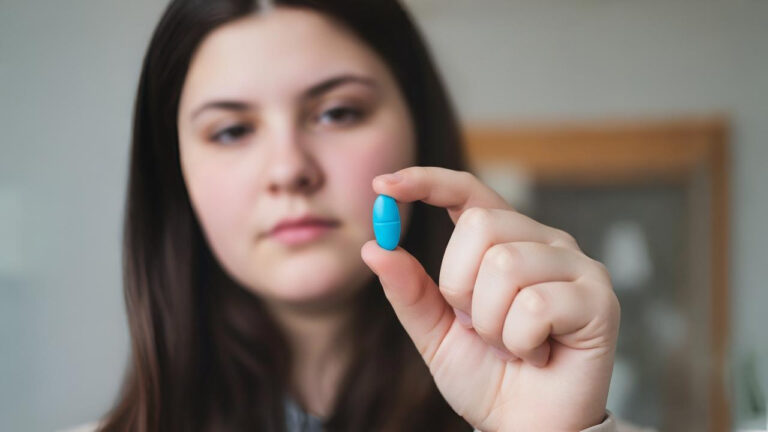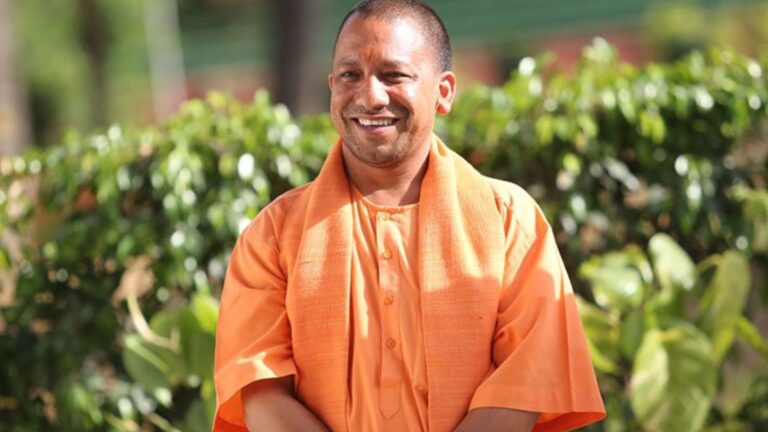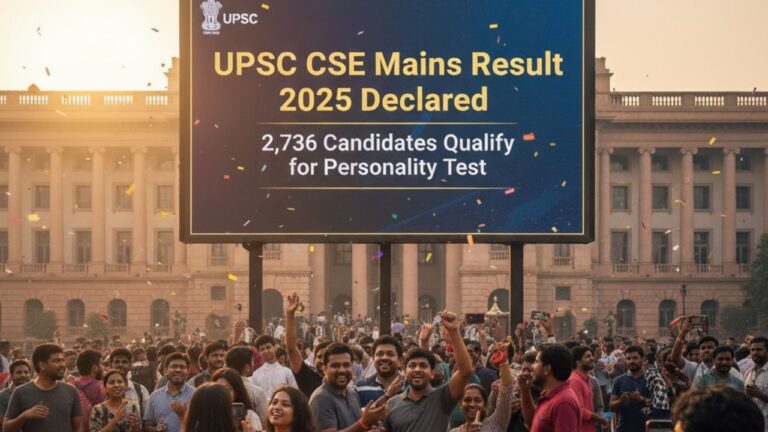
Govt Releases Guidelines for Health & Wellness Celebrities, Influencers and Virtual Influencers
The Department of Consumer Affairs, a division under the Ministry of Consumer Affairs, Food and Public Distribution, has taken a significant step towards ensuring transparency and accuracy in health and wellness endorsements.
In its ongoing efforts to prevent misleading advertisements and endorsements, the department has released Additional Guidelines tailored for celebrities, influencers, and virtual influencers operating in the health and wellness domain.
These guidelines serve as an extension to the previously issued “Guidelines for Prevention of Misleading Advertisements and Endorsements for Misleading Advertisements, 2022” released on June 9, 2022, as well as the “Endorsement Know-hows!” guide booklet that was unveiled on January 20, 2023.
The development of these Additional Influencer Guidelines for Health and Wellness Celebrities, Influencers, and Virtual Influencers involved extensive consultations with key stakeholders including the Ministry of Health, Ministry of Ayush, Food Safety and Standards Authority of India (FSSAI), and the Advertising Standards Council of India (ASCI).
The primary objective of these additional guidelines is to counter misleading advertisements, unsubstantiated claims, and ensure transparency in health and wellness endorsements. One of the pivotal aspects of the guidelines mandates that certified medical practitioners and health & fitness experts, possessing certifications from recognized institutions, must openly disclose their credentials when sharing information, promoting products or services, or making health-related claims.
In the case of celebrities, influencers, and virtual influencers who portray themselves as health experts or medical practitioners, the guidelines require them to provide clear disclaimers. These disclaimers serve as a reminder to their audience that their endorsements are not a replacement for professional medical advice, diagnosis, or treatment.
Such disclaimers are particularly crucial when discussing topics related to health benefits derived from food items and nutraceuticals, disease prevention, treatment, medical conditions, recovery methodologies, or immunity enhancement, among others. These disclaimers must be visibly displayed during endorsements, promotions, or whenever health-related assertions are made.
However, the guidelines do offer exceptions for general wellness and health advice that are not connected to specific products, services, or targeted health conditions. For instance, advice such as ‘Stay Hydrated,’ ‘Regular Exercise,’ and ‘Adequate Sleep’ are exempt from these regulations.
Nevertheless, it remains imperative for celebrities, influencers, and virtual influencers presenting themselves as health experts or medical practitioners to differentiate their personal opinions from professional advice. It’s emphasized that making specific health claims without verified evidence should be avoided. Instead, the guidelines encourage these influencers to motivate their audiences to consult healthcare professionals for accurate medical advice and complete information about the products or services being endorsed.
The Department of Consumer Affairs (DoCA) is poised to actively monitor and enforce these guidelines. Any violations could result in penalties under the Consumer Protection Act 2019 and other pertinent legal provisions.
These guidelines underscore the Department’s commitment to safeguarding consumer interests and fostering a fair and transparent digital marketplace. By laying down clear expectations for health and wellness influencers, the department aims to elevate industry standards and protect consumer rights.






